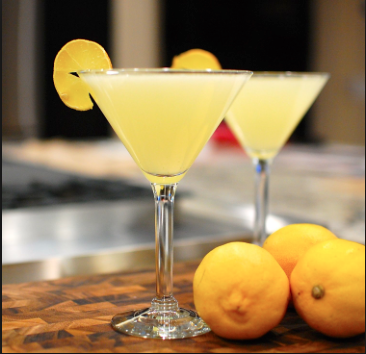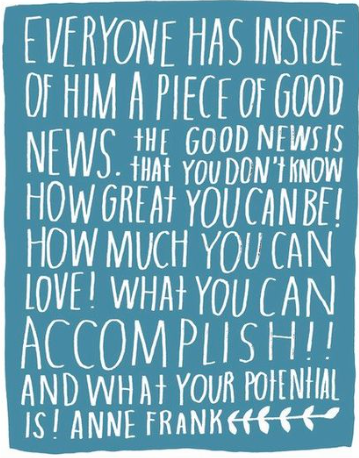Day 3 of the Alcohol Experiment by Annie Grace asks us to consider:
Why We Think We Like to Drink (pp. 34-41)
Annie lays out what is happening in the brain when we drink.
Alcohol artificially stimulates the pleasure center of the brain. The chemicals that create the euphoria are endorphins. Dopamine (desire and craving) and serotonin (satiety and inhibition) are the two main chemicals in the pleasure center of the brain.
In a healthy brain, there is a balance between dopamine and serotonin. Alcohol changes the balance. Drinking throws dopamine into the system, making us WANT more of what gives us pleasure . This artificial stimulation by booze, the brain seeks to regain correct balance (homeostasis), so it sends a chemical downer called dynorphin. This will suppress the euphoria, so when the effects of the first cocktail wears off, our sense of “well-being” actually falls BELOW where it started when sober. We are LOWER than where we started.
The dopamine is still working and will make us CRAVE more of what made us feel good. We drink more…and the cycle will start over and over…putting us lower and lower. To combat the depressive effect of the alcohol the body will send adrenaline and cortisol (stress hormones). The seesaw gets swinging higher and lower and now other areas of the brain are affected and are actually SLOWING DOWN. Vision and speech can blur and slur. We become detached from reality. (Which some seek through drinking-a break from the real world)
Tipsy moves to drunk. We don’t care because the brain can’t process long term consequences. We may lose motor skills. The brain receptors are NUMB, my senses don’t relay information well, so memories are not formed. The stress hormones are still present to try and balance things out and as we sober up, a hangover and blurry memories lead to regret and self blame.
This “chemical chain reaction” will happen to everyone to various degrees. It is not an issue of self control or strength or weakness, it is the natural brain function after alcohol exposure.

In ACT #2, Annie then calls attention to the “myth” that we NEED ALCOHOL TO SLEEP. (p.38)
We gain clarity in understanding the sleep cycle. REM sleep and deep sleep should cycle about 6 or 7 times per night. Alcohol is a depressant and reduces neural activity in the brain. The brain will release chemicals to bring the body back to homeostasis.
As we learned, the depressant affect will releass the stress hormones. Unfortunately for our sleep, the depressant wears off before the stimulants and we are left with an overstimulated brain hours after the drinks have worn off. The alcohol will disrupt the sleep patterns. After drinking, a deep sleep lasts for about 5 hours, but REM sleep doesn’t. We need both to cycles. We might end up with only 2 healthy sleep cycles instead of the 6 or 7.
After those 5 hours, we wake up and can’t go back to sleep. The stress hormones get us into monkey brain, and worry and regret begin to creep in as the negative thoughts enter the brain. ANY AMOUNT OF ALCOHOL WILL DISRUPT SLEEP.
Another issue is that sober sleep prep releases chemicals to quiet down and prepare for sleep. Drinking on a regular basis trains your brain to suppress the natural body and use the artificial depressants to start sleep. (I guess we are essentially passing out- our brain depresses wakefulness). There is no real rest because natural sleep rhythms get out of whack.
What does this mean for this experiment? “It means for the first two to five nights of not drinking, your body may still be expecting those artificial depressants. Your brain might be confused during those early days, and you could have trouble falling asleep.” (p. 41) So hang in there for 5 nights…don’t go back to having a drink or it will take that much longer to find the natural cycle. Once found, brain fog and fatigue will lift and some feel the best they have felt in decades. (Annie)
Turnaround Challenge – Find New Statements to Negate Alcohol = Sleep
- Even ONE drink will disrupt sleep.
- Optimal health comes from deep and rhythmic sleep cycles.
- I value myself too much to sacrifice my sleep and long term wellbeing.









